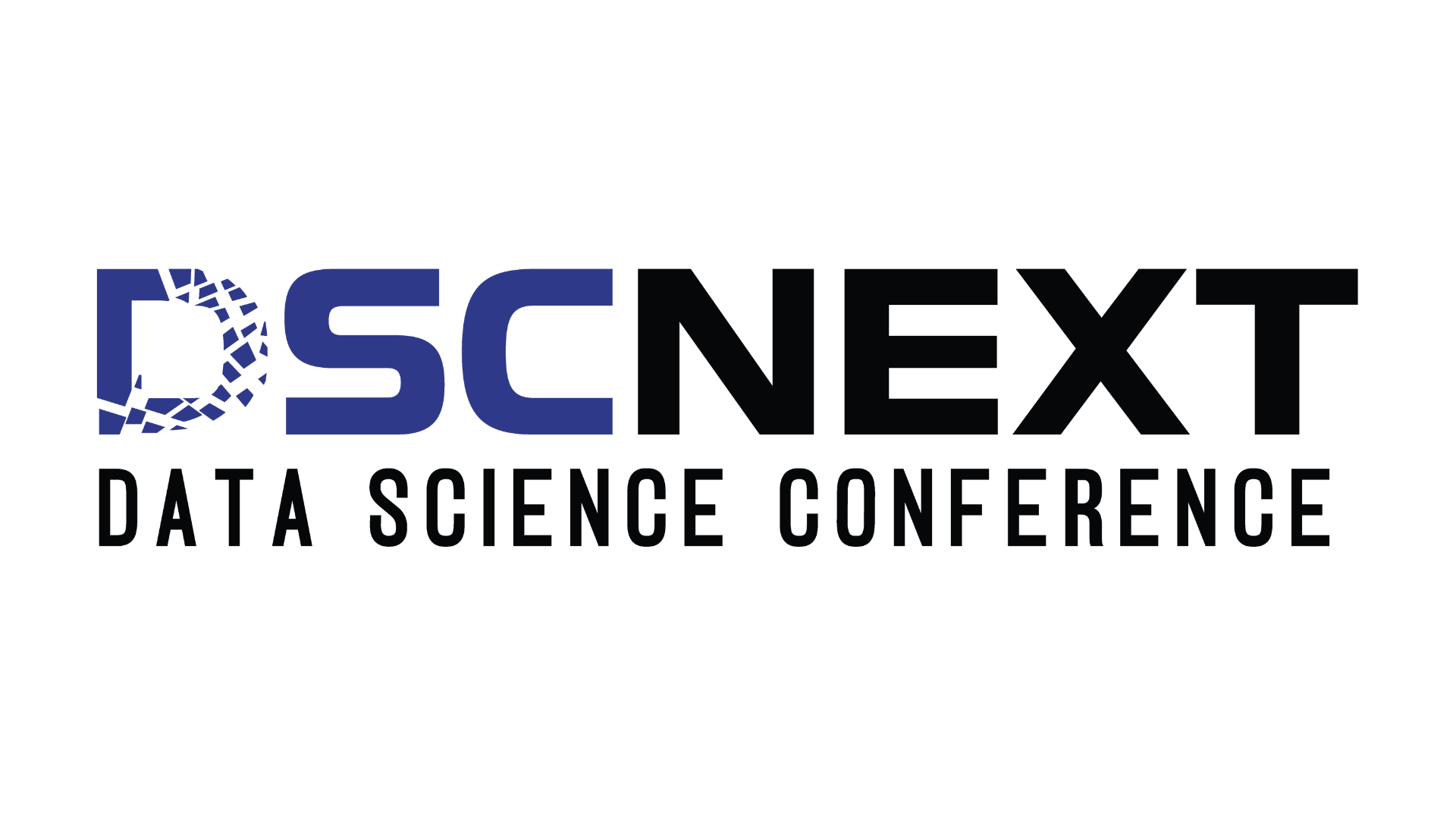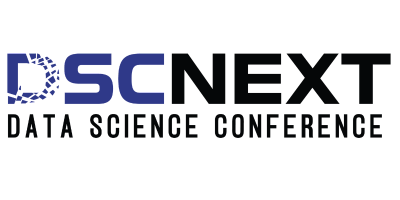
Data science conferences in 2025 are evolving rapidly, reflecting the dynamic nature of the field. These events are increasingly focusing on technological advancements, practical applications, and ethical considerations. Here are the key emerging trends shaping these conferences:
1. Generative AI and Large Language Models (LLMs)
Generative AI, particularly the deployment and governance of large language models, is a central theme. Sessions delve into their transformative potential and associated risks, such as misinformation and ethical challenges.
2. MLOps and Data Democratization
The emphasis on MLOps highlights the need for scalable and reliable machine learning model deployment. Simultaneously, data democratization efforts aim to make data-driven tools accessible across organizations, extending beyond technical experts.
3. Data Governance, Privacy, and Ethics
With AI’s proliferation, conferences are dedicating more content to data governance, privacy, and ethical AI use. Discussions focus on regulatory compliance, responsible AI deployment, and strategies to ensure transparency and fairness in data-driven decisions.
4. Industry-Specific Applications and Real-World Case Studies
There’s a growing trend toward showcasing practical applications of data science across industries like healthcare, finance, and retail. Real-world case studies and transformation stories from leading companies provide actionable insights.
5. Hands-On Workshops and Skills Development
Conferences feature more hands-on workshops and training sessions, enabling attendees to gain practical experience with the latest tools and frameworks (e.g., TensorFlow, PyTorch, cloud platforms). Events like the Open Data Science Conference (ODSC) are especially recognized for offering intensive bootcamps and workshops on cutting-edge technologies. This approach supports continuous learning and upskilling for professionals at all levels.
6. Cloud Data Platforms and Scalable Analytics
Events like DSC NEXT 2025 (May 7–8 in Amsterdam) Google Cloud Next and the Data + AI Summit emphasize advancements in cloud-native data management, analytics, and AI integration. These conferences focus on leveraging cloud platforms for scalable, efficient, and collaborative data science workflows. At DSC NEXT 2025, attendees can explore sessions on big data, AI ethics, and real-world case studies, providing insights into building robust, cloud-powered analytics pipelines.
7. Sponsor-Free and Vendor-Neutral Environments
Some conferences, such as The Data Science Conference in Chicago, maintain a sponsor-free, vendor-free, and recruiter-free format. This ensures the focus remains on genuine knowledge sharing, networking, and scientific advancement rather than commercial interests.
8. Networking and Collaboration Opportunities
Conferences are prioritizing networking—both in-person and virtual—enabling professionals to connect, collaborate, and share best practices. These opportunities are essential for fostering innovation and career growth in the data science community.
9. Focus on Data Literacy and Upskilling
There’s a strong emphasis on building data literacy across organizations, with sessions dedicated to upskilling non-technical stakeholders and fostering a data-driven culture.
10. Integration of AI with Business Strategy
Sessions increasingly address the alignment of AI and data science initiatives with broader business strategies, highlighting how organizations can drive value and innovation through data-driven decision-making.
Conclusion
Data science conferences in 2025 are not just about technological innovations; they’re about fostering a culture of ethical, scalable, and impactful data practices. From generative AI to cloud platforms and real-world case studies, these events equip professionals to navigate the future confidently.
Don’t miss out on the upcoming DSC NEXT 2025, scheduled for May 7–8 in Amsterdam. This premier event will bring together global experts to explore the latest trends and innovations in data science and machine learning. It’s an excellent opportunity to gain insights, network with industry leaders, and stay ahead in the rapidly evolving data landscape.

